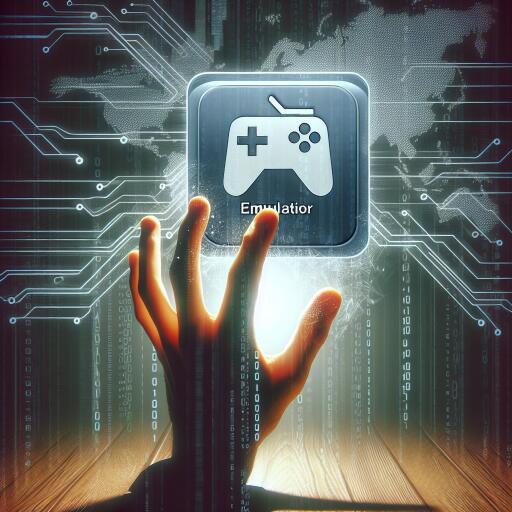They remove an emulator from the App Store… out of fear. – Softonic
In a surprising twist in the world of mobile gaming and emulation, a new NES emulator, dubbed Bimmy, made a brief but impactful appearance on the Apple App Store. This fleeting presence marked a significant moment, illustrating the complex dance between developers, tech giants, and the passionate retro gaming community. Apple’s historically tight leash on emulators seemed to be loosening, as rumors swirled about a more relaxed stance toward these nostalgic gaming platforms. However, the celebration was short-lived.
The arrival of Bimmy was met with excitement and curiosity among enthusiasts eager to revive their childhood gaming memories on their Apple devices. Described as a tool for playing home games, Bimmy allowed users to load their own NES game ROMs, promising a dive back into the pixelated worlds of yore. Yet, the joy was not to last. Attempts to download the app were thwarted by error messages, capturing the fleeting nature of Bimmy’s App Store presence.
When inquiries led to the app’s link, a message coldly stated, “This app is currently not available in your country or region.” It wasn’t Apple’s decision this time; the developer themselves pulled the plug. The sudden withdrawal spurred a wave of speculation and concern. The developer, engaging with the community through forum posts, revealed a decision made “out of fear.” Without external pressures, it was the mounting anxiety and possible repercussions that led to Bimmy’s demise.
Compared to its predecessor iGBA, which sparked debates over data privacy and was riddled with advertisements, Bimmy offered a beacon of hope. It was an ad-free, tracking-free haven for nostalgia-driven gamers, its open-source nature inviting trust and collaboration. Nevertheless, the shadow cast by previous legal battles loomed large over Bimmy’s potential. The gaming industry has witnessed how swift and severe actions from companies like Nintendo can quash efforts to resurrect legacy gaming through emulation. Notable projects like Yuzu and the Dolphin Emulator have either retreated or refrained from wider distribution in face of legal threats, underscoring the risky terrain of emulator development.
Legal actions against emulator projects have become increasingly common, with developers feeling the immense weight of potential litigation. Nintendo, in particular, has been vigilant in protecting its intellectual property, leading to the shutdown of various emulator projects. This crackdown sends a clear message to emulator enthusiasts and developers alike, highlighting the precarious balance between preserving gaming history and respecting copyright laws.
The saga of Bimmy is a poignant chapter in the ongoing narrative of emulation and its place within the broader gaming culture. While developers like the creator of Bimmy aim to provide a bridge to the past, the path is fraught with legal and ethical challenges. The fear of litigation and the repercussions it can have on an individual or small team’s livelihood are powerful deterrents. This incident not only reflects the challenges faced by emulator developers but also ignites a conversation about copyright, intellectual property, and the lengths to which companies will go to protect their legacy. As the dust settles on Bimmy’s brief apparition, the gaming community is left to ponder the future of emulation, caught between a desire for preservation and the realities of legal boundaries.








